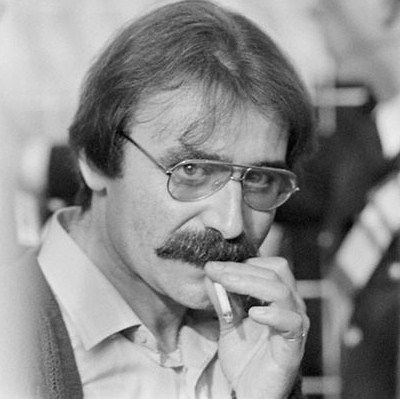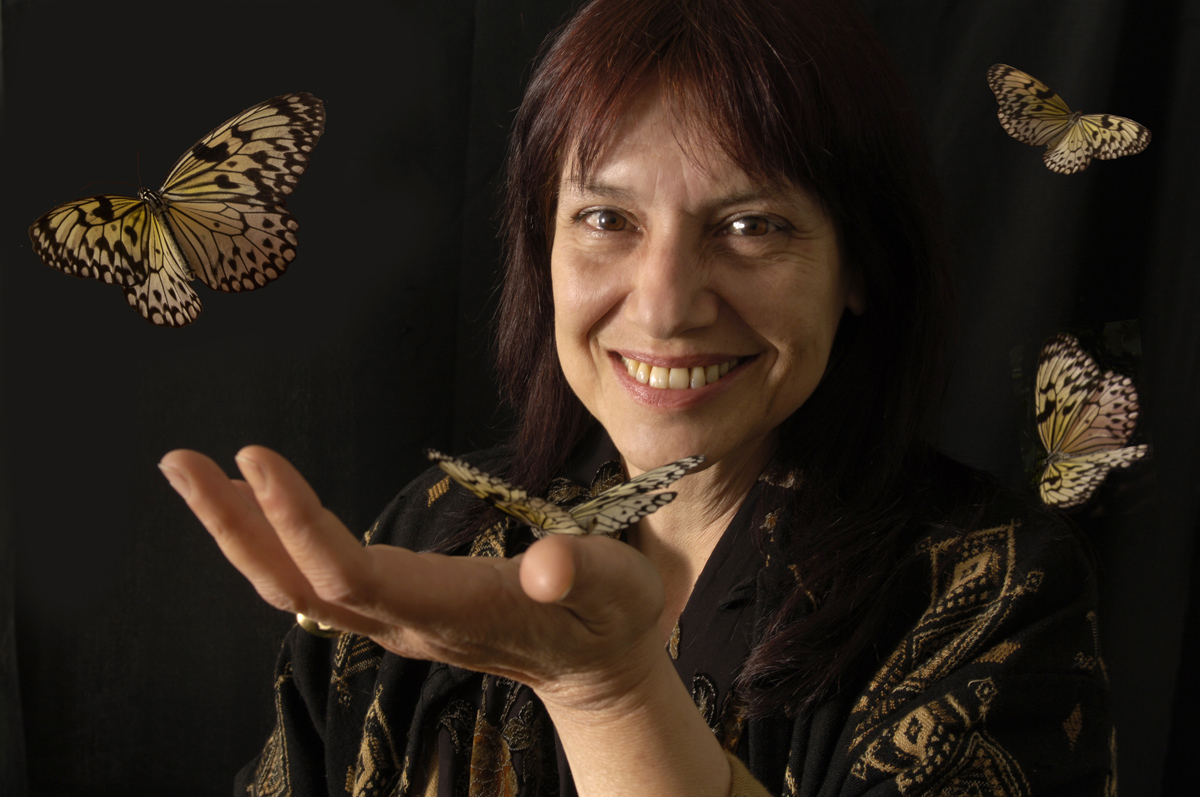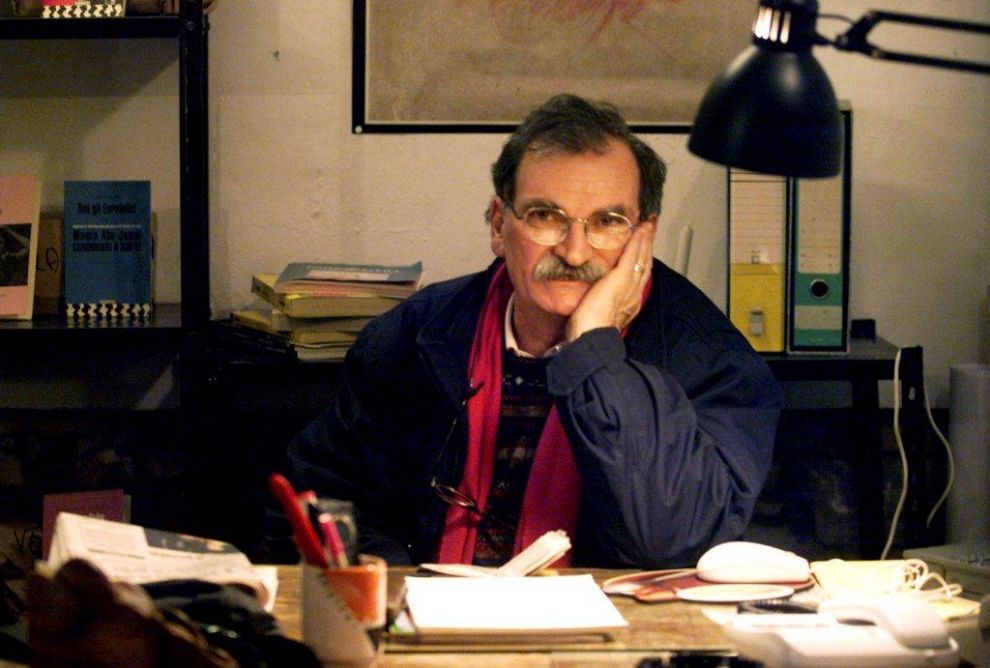<Back to Index>
- Member of the Brigate Rosse Prospero Gallinari, 1951
- Member of the Brigate Rosse Adriana Faranda, 1950
- Member of the Brigate Rosse Giovanni Senzani, 1942
PAGE SPONSOR

Prospero Gallinari (1 January 1951 - 14 January 2013) was an Italian terrorist, a member of the Red Brigades in the 1970s and 1980s.
Gallinari was born at Reggio Emilia, into a family of Communist tradition. At a very young age, he entered the Federazione Giovanile Comunista Italiana, in which he remained until the late 1960s.
In 1969, together with Alberto Franceschini and other former Communists militants, he decided to adhere to armed terrorism. After a short period as a member of the Superclan (a mostly unknown organization formed by Corrado Simioni which was later accused to be the political mastermind of the Red Brigades, or BR, during Mario Moretti's leadership), Gallinari became a member of the Red Brigades, initially as an external collaborator, then as a full clandestine member (1973 - 1974).
In 1974 he took part in the kidnapping of judge Mario Sossi, but after a while he was arrested in Turin, together with Alfred Bonavita. In 1976 he escaped from the prison of Treviso. He thenceforth belonged to the Roman "column" of the BR, and had a relevant role in the kidnapping of Aldo Moro, a Christian Democratic former prime minister of Italy (March 1978). Gallinari was one of the killers who ambushed the politician's escort in Via Fani in Rome, assassinating three guardsmen in an Alfetta car. Moro was subsequently killed in obscure circumstances in the following May. According to the official trial reconstructions, Gallinari stayed in the BR's base where Moro was detained for 55 days, along with Moretti, Anna Laura Braghetti and Germano Maccari.
Gallinari was arrested on 24 September 1979 while changing plates to cars which would be used a few hours later in a firing incident. During his detainment, Gallinari was one of the few BR terrorists who did not collaborate with the Italian justice. Instead, he continued to have contacts with the organization's free members and indirectly participated to their political debates.
In October 1988, after most of the terrorist formation had been arrested, he co-signed a document in which he declared the end of the BR activities. Due to health concerns (connected to the wounds he received during his arrest in 1979), Gallinari obtained a semi - liberty accommodation. In March 2006 he published an autobiographical book (entitled Un contadino nella Metropoli, "A countryman in the Metropolis"), providing his own version of the Red Brigades deeds.

Adriana Faranda (born 7 August 1950) is an Italian former terrorist, who was a member of the Red Brigades during the kidnapping of Aldo Moro.
Faranda was born at Tortorici, in eastern Sicily.
Initially a member of Potere Operaio, in 1973, together with other future members of the Red Brigades (or BR) such as Bruno Seghetti and Valerio Morucci, she founded the extremist group LAP (Lotta Armata Potere Proletario, meaning "Armed Fight Proletary Power"). Later she was part of the Roman "column" of the BR, and became a member of the national council of the Red Brigades.
In 1978 she took part in the kidnapping of former prime minister Aldo Moro. According to her declarations during the ensuing trial, she was, along with Morucci, against the execution of the politician; when the latter was killed, Faranda abandoned the BR, after which she entered other formations connected to far left leader Franco Piperno.
Faranda had been identified as the woman who had bought the fake Alitalia uniforms used by the ambushers of Moro's escort, and was arrested in Rome in May 1979, together with Morucci, in the house of KGB agent Giuliana Conforto. Due to her dissociation from the BR (she admitted her crimes but did not denounce other members), she was released in 1994, before her sentence had expired.
Faranda wrote an autobiography in which she described the years she spent in jail.

Giovanni Senzani (Forlė, 21 November 1942) is an Italian former terrorist and criminologist.
Criminologist and former leading member of the terrorist Red Brigades, he is best remembered for the cruel mafia - style kidnapping of the young Roberto Peci, for which he was convicted.
He entered for the first time the known roster of the Red Brigades in September 1978, due to a phone call he made to a university professor, a surgeon at the San Martino Hospital in Genoa, suspected of conniving with the subversive group. In this phone call, made during the detension of Aldo Moro, Senzani asked about the health condition of jailed Red Brigades members, who were wounded during an operation conducted in Turin. The call revealed that at that time Senzani was already in direct contact with the Genoese column of BR.
Due to that phone call, he was first arrested in March 1979, but released after only three days. After being released, he quickly went into hiding and climbed in the ranks within the terrorist organization, to become one of the terrorists of maximum power, alongside Mario Moretti. Together, they designed and executed the kidnapping of Giovanni D'Urso, the third director of the Directorate General of the institutes for the prevention and punishment, which was one of the last actions of the BR unit before their fragmentation.
After the arrests in April 1981 of Moretti, Senzani took over the organization. In December 1981, with the founding of the Party of the Guerrilla, he implemented the break within the militarist wing of the BR. As the leader of the BR-PDG, Senzani pursued an agreement with ever larger layers of the proletariat and outside the limits of legality, including the Camorra, as, e.g., in the case of the kidnapping of Democrat councilor of Campania Ciro Cirillo .
Considered "the most ambiguous and bloody head of the Red Brigades", he was also leader in the incident of the arrest, interrogation and the ruthless execution of Roberto Peci, the brother of Patrizio Peci, first BR deserter. The examination, performed personally by Senzani, and the execution, with 11 bullets, were filmed.
Senzani was arrested on 9 January 1982 in Rome.
On January 29th of 1999 he got parole after serving 17 years in prison. He returned to Florence, becoming the coordinating editor of the publishing house Editions of the Battle. To the story of the kidnapping and murder of Roberto Peci was dedicated the documentary film The infamous and his brother of Luigi Maria Perotti, when the repentant Roberto Buzzatti, Roberto's jailer, explained the reasons for the act, writing a letter to Ida Peci, sister of Patrizio and Roberto.
In 2001 some controversy arose in the use of the former Red Brigades member, through an agreement between the voluntary association Pantagruel and the Region of Tuscany, under the auspices of the documentation center "culture of democratic legality". Senzani has been free without restrictions since February 2010 after five years of probation; on 25 October 2010 he declared that he had abandoned terrorism, but retained his leftist ideals.